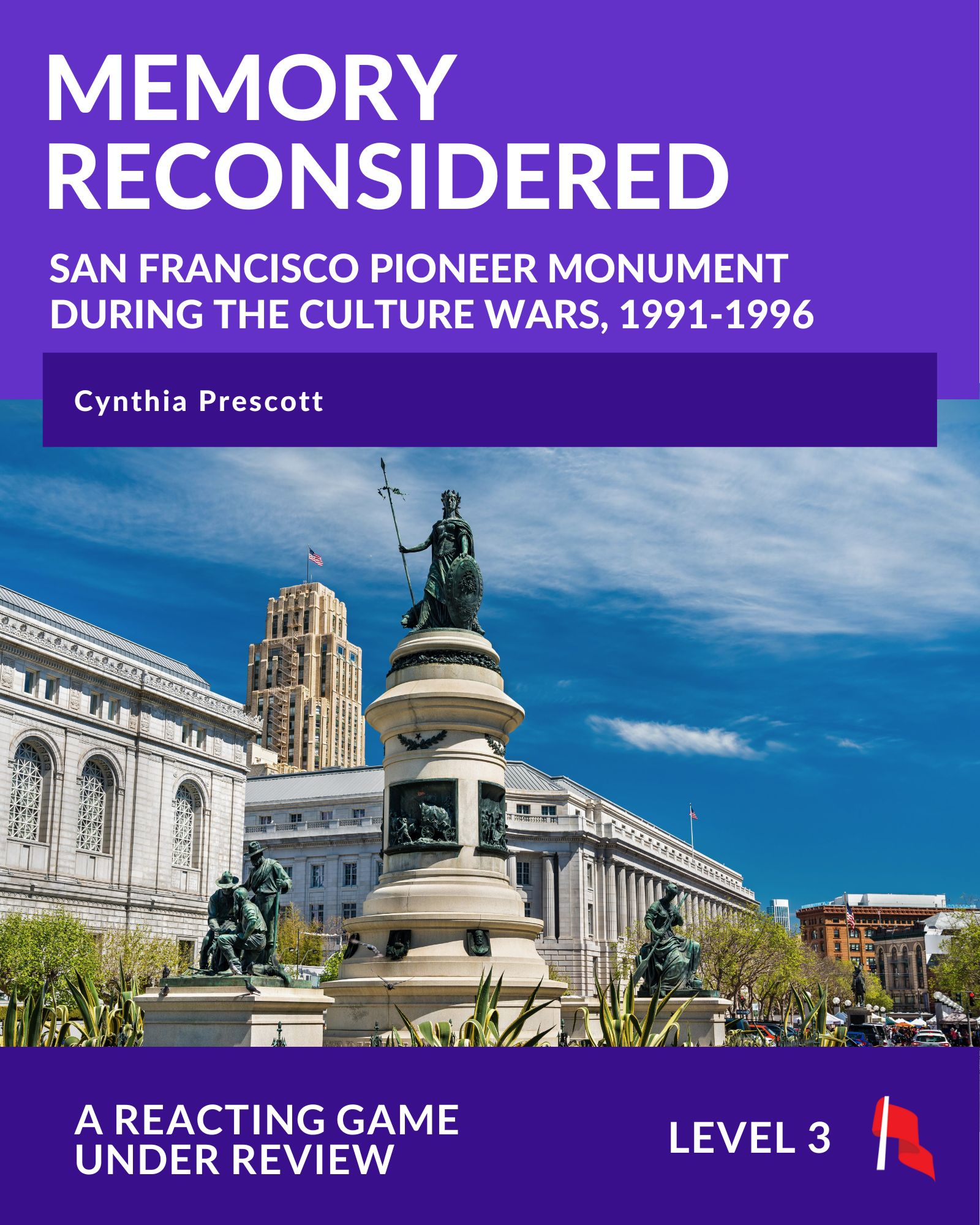META OVERSIGHT BOARD
Content Moderation vs. Political Speech on Social Media
by Michael Bossetta & John Giebfried
Play this game recently? | Who clicks 'Delete' on Democracy? This game immerses students in the challenges of balancing digital free speech with public safety and human rights. Players take on roles as members of Meta’s Oversight Board or one of five factions advocating different values around platforms’ role in society. Using real-world cases of banned social media posts, students debate how political and cultural contexts complicate a single understanding of content moderation online. The game consists of two distinct scenarios, one focused on controversial speech by politicians in Cambodia and Pakistan, and the other on controversial speech by protestors in Colombia and Iran. Instructors can choose to use either of these class-length scenarios independently, or use both together over two classes. Players must weigh political expression against safety, clash over what counts as “newsworthy,” and pitch policy solutions—from age-gating and protest shields to transparency archives. The Oversight Board votes on whether to remove or allow posts—and selects which policy proposals to recommend to Meta. Factions then rate the Board’s decisions for fairness, fueling a structured debrief on platform power, algorithmic bias, and technological governance. The game scales from 7 to 46 students and is designed for courses in media, law, politics, and digital culture. It’s a flexible, short, but high-impact exercise that helps students engage with urgent global questions around freedom of speech, the fight for rights, and—ultimately—the future of democracy itself. |
Disciplines | Level Mechanics |
Using the Game
Class Size & Scalability
This game is recommended for classes with 7-46 students.
Class Time
This game can be played in 1-2 sessions.
Assignments
You can adjust the assignments based on the desired learning outcomes of your class. This game includes creative writing and reflection assignments that are detailed in the Instructor's Manual. Not all roles are not required to give a speech.
Reviews
"The in-class debates [in this game] were very powerful. I felt students engaged with the material at a level that went FAR beyond the superficial and that they left realizing they had great deal to say about the issues." |
 GAME MATERIALS
GAME MATERIALS
Reacting Consortium members can download all game materials below. You will be asked to sign in before downloading.
Please fill out the Permissions Request Form before using The Oversight Board in your class!
Instructor's Manual The Instructor's Manual includes guidance for assigning roles, presenting historical context, assignments, activities and discussion topics, and more. | Role Sheets & Handout - Students also need a Role Sheet, which contains biographical information, role-specific resources or assignments, and their character's secret victory objectives. These Role Sheets are for the Politicians Module. | Role Sheets & Handout - Students also need a Role Sheet, which contains biographical information, role-specific resources or assignments, and their character's secret victory objectives. These Role Sheets are for the Protestors Module. |
Additional Resources
Michael Bossetta
Michael Bossetta is an Associate Professor at the Department of Communication at Lund University, Sweden. His research focuses on the intersection of social media and politics, particularly around elections. He holds a PhD and MSc in Political Science from Copenhagen University, an MA in European Studies from Lund University, and a BA in Philosophy from Columbia University.
|
John Giebfried John Giebfried is a historian specializing in the Crusades and the Mongol Empire. He completed his PhD at Saint Louis University in 2015 examining the aftermath of the Fourth Crusade and Latin rule in Constantinople. He has served as a postdoctoral fellow at the Hebrew University of Jerusalem's "Mobility, Empire and Cross Cultural Contacts in Mongol Eurasia" prosopography project and has taught at Saint Louis University, Webster University, and Georgia Southern University. John currently serves as University Assistant in History and Digital Humanities at the Universität Wien in Vienna, Austria. |
Members can contact game authors directly if they have questions about using the game. We also invite instructors join our Facebook Faculty Lounge, where you'll find a wonderful community eager to help and answer questions.
|
|
|




